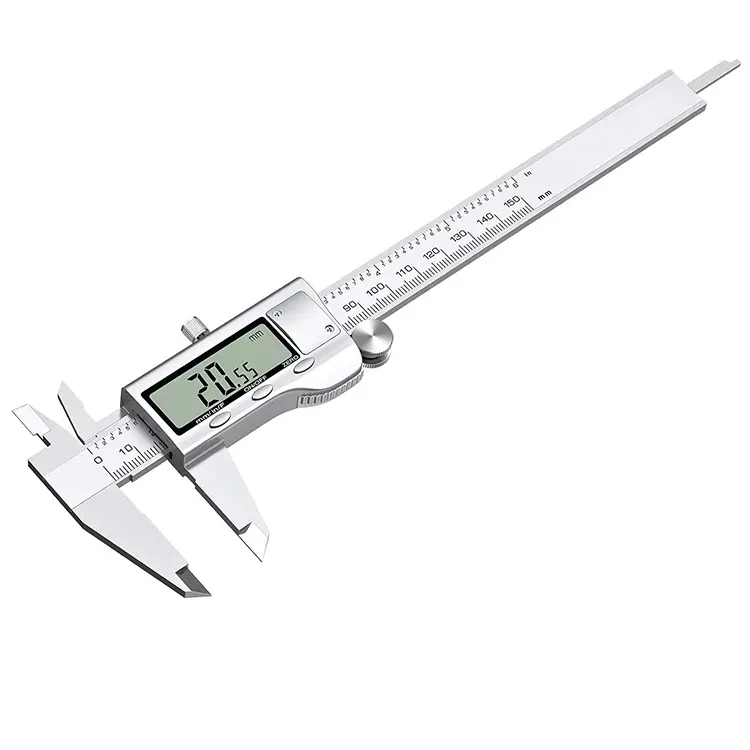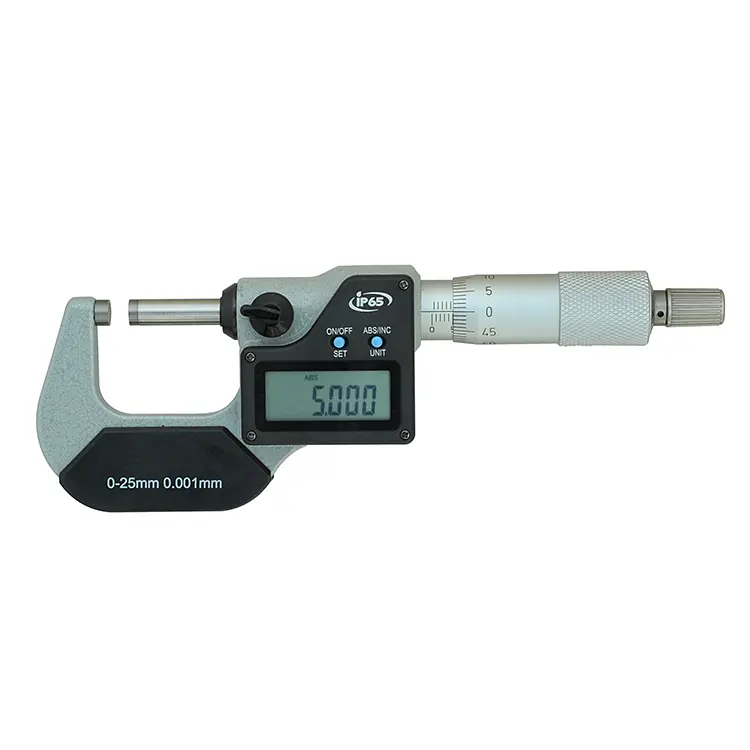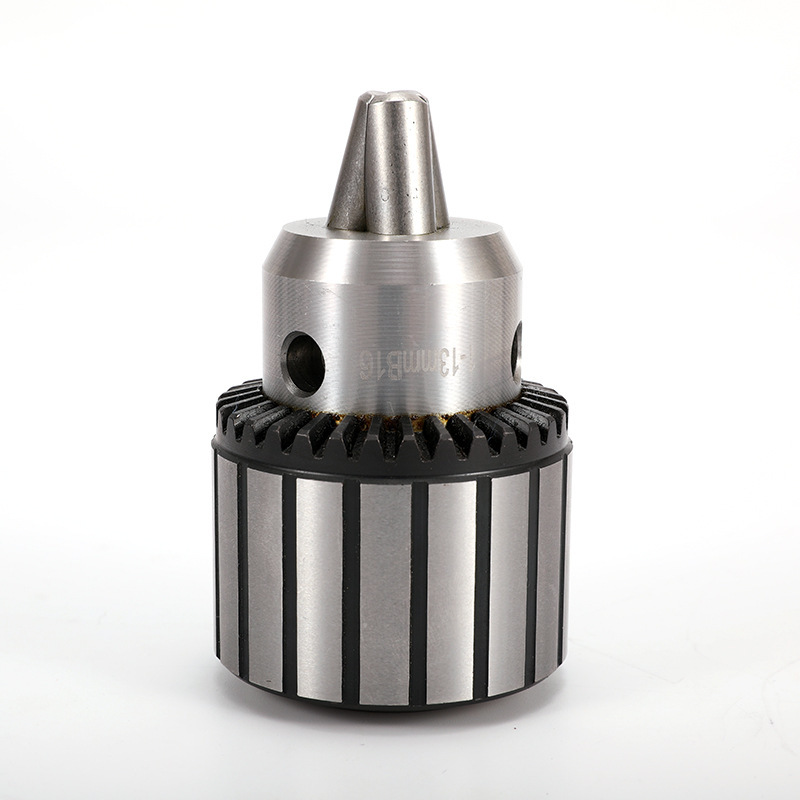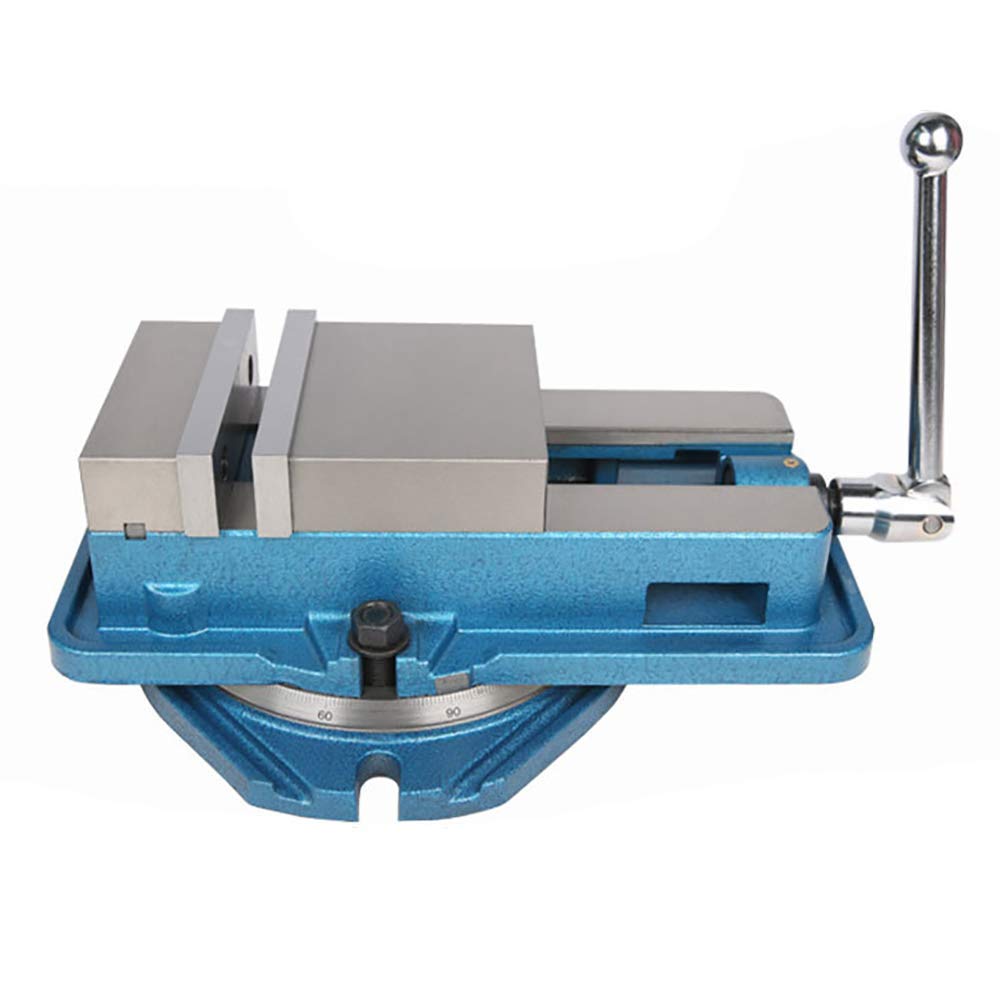tapping tools Factories
Looking for reliable tapping tools factories? This guide explores the key considerations when sourcing quality tapping tools, from material selection and manufacturing processes to quality control and supplier reputation. We'll delve into the different types of tapping tools available, their applications, and the factors that influence their performance and longevity. Whether you're a professional machinist or a DIY enthusiast, this resource equips you with the knowledge to make informed decisions and find the right tapping tools factories for your needs.
Understanding Tapping Tools: A Foundation
Tapping tools, also known as taps, are essential for creating internal threads in materials like metal, plastic, and wood. The process, called tapping, involves cutting or forming threads inside a hole, allowing screws and bolts to be securely fastened. Selecting the right tap is crucial for achieving accurate and durable threads. Wayleading Tools can offer expert advice on selecting the correct tapping tool for your application.
Types of Taps
Several types of taps cater to different needs:
- Hand Taps: Typically sold in sets of three (taper, plug, and bottoming), hand taps are designed for manual use with a tap wrench. The taper tap gradually starts the thread, the plug tap creates more complete threads, and the bottoming tap finishes threads to the bottom of a blind hole.
- Machine Taps: Designed for use with power tools like drill presses and CNC machines, machine taps offer faster and more consistent threading.
- Spiral Point Taps (Gun Taps): These taps feature a spiral point that pushes chips ahead of the tap, making them ideal for through holes.
- Spiral Flute Taps: With helical flutes, these taps pull chips back out of the hole, making them suitable for blind holes.
- Forming Taps (Roll Taps): Instead of cutting threads, forming taps displace material to create threads. They produce strong, chipless threads and are suitable for ductile materials.
Materials Matter: Tap Material and Coating
The material and coating of a tap significantly impact its performance and lifespan.
- High-Speed Steel (HSS): A common material for general-purpose taps, HSS offers good toughness and wear resistance.
- Cobalt Steel (HSS-E): With added cobalt, these taps exhibit higher heat resistance and are suitable for harder materials.
- Carbide: Extremely hard and wear-resistant, carbide taps are ideal for abrasive materials and high-volume production.
Coatings enhance tap performance:
- Titanium Nitride (TiN): Increases surface hardness and reduces friction.
- Titanium Carbonitride (TiCN): Offers higher hardness and wear resistance than TiN.
- Titanium Aluminum Nitride (TiAlN): Provides excellent heat resistance and is suitable for high-speed machining.
Sourcing from Tapping Tools Factories: Key Considerations
Choosing the right tapping tools factories is crucial for ensuring quality, reliability, and cost-effectiveness. Here's what to look for:
Manufacturing Capabilities and Expertise
A reputable factory should possess advanced manufacturing equipment, including CNC grinding machines, thread milling machines, and coating equipment. Look for certifications like ISO 9001, which demonstrate a commitment to quality management. The factory should also have experienced engineers and technicians who understand the nuances of tap design and manufacturing. Wayleading Tools prides itself on employing skilled engineers and utilizing advanced CNC equipment to produce high-precision tapping tools.
Quality Control Procedures
Rigorous quality control is essential for ensuring consistent tap quality. Factories should employ various inspection methods, including visual inspection, dimensional measurement, and thread gauging. They should also use advanced testing equipment to evaluate hardness, wear resistance, and cutting performance. The factory should be able to provide detailed inspection reports and material certificates.
Material Traceability and Sourcing
Traceability of raw materials is crucial for ensuring the quality and consistency of the taps. The factory should be able to provide information on the origin and composition of the steel or carbide used in manufacturing. They should also source materials from reputable suppliers who adhere to strict quality standards. Ask about their supply chain and material certification processes.
Customization and Flexibility
Many applications require custom taps with specific dimensions, thread forms, or coatings. A good tapping tools factories should be able to accommodate custom orders and provide design assistance. They should also be flexible in terms of order quantities and lead times. Enquire about their capabilities for producing custom taps and their minimum order quantities.
Reputation and References
Research the factory's reputation by checking online reviews, customer testimonials, and industry forums. Ask for references from existing customers and contact them to learn about their experiences. A factory with a proven track record of delivering high-quality taps and excellent customer service is more likely to be a reliable partner.
The Tapping Process: Best Practices
Even the best taps require proper technique for optimal performance.
Selecting the Correct Tap Size and Drill Size
Choosing the correct tap size and matching drill size is paramount. Consult a tap drill chart to determine the appropriate drill size for the desired thread percentage. Using the wrong drill size can result in weak threads or tap breakage.
Lubrication is Key
Proper lubrication reduces friction, prevents overheating, and extends tap life. Use a tapping fluid or cutting oil appropriate for the material being tapped. For harder materials, use a heavier oil. Wayleading Tools offers recommendations for suitable lubricants based on your application.
Tapping Speed and Feed Rate
The correct tapping speed and feed rate depend on the material, tap size, and type of machine. Refer to the tap manufacturer's recommendations or use a speed and feed calculator. Too high of a speed can cause overheating and tap breakage, while too low of a speed can result in poor thread quality.
Chip Removal
Proper chip removal is essential for preventing thread damage and tap breakage. For blind holes, use a spiral flute tap to pull chips out of the hole. For through holes, use a spiral point tap to push chips ahead of the tap. Regularly clear chips from the hole during the tapping process.
Troubleshooting Common Tapping Problems
Even with the best tools and techniques, problems can arise during the tapping process.
Tap Breakage
Tap breakage can be caused by several factors, including:
- Incorrect drill size
- Insufficient lubrication
- Excessive tapping speed
- Hard or abrasive material
- Chip buildup
To prevent tap breakage, use the correct drill size, lubricate generously, reduce tapping speed, and clear chips frequently.
Poor Thread Quality
Poor thread quality can result from:
- Dull or worn tap
- Incorrect tapping speed
- Insufficient lubrication
- Material buildup on the tap
To improve thread quality, use a sharp tap, adjust tapping speed, lubricate generously, and clean the tap regularly.
Tapping Hard Materials
Tapping hard materials like stainless steel and titanium requires specialized taps and techniques. Use a cobalt steel or carbide tap with a TiAlN coating. Reduce tapping speed and feed rate. Use a high-pressure lubricant. Consider using a thread forming tap instead of a cutting tap. Ensure your machinery is rigid and capable of providing consistent torque.
Evaluating a Tapping Tools Factory: A Checklist
Before committing to a tapping tools factory, use this checklist to ensure they meet your requirements:
- Do they have a wide range of tap types and sizes?
- Do they offer custom tap design and manufacturing?
- Are they ISO 9001 certified?
- Do they have advanced manufacturing equipment and quality control procedures?
- Can they provide material traceability and certificates?
- Do they have a good reputation and positive customer reviews?
- Are their prices competitive?
- Do they offer technical support and after-sales service?
- What are their lead times and minimum order quantities?
Conclusion
Sourcing quality tapping tools from reputable tapping tools factories is essential for achieving accurate, durable threads. By understanding the different types of taps, materials, and manufacturing processes, and by carefully evaluating potential suppliers, you can ensure that you get the right tools for your needs. Remember to consider the tapping process itself, including lubrication, speed, and chip removal, to maximize tap performance and prevent problems. Contact Wayleading Tools today for expert advice and a wide selection of high-quality tapping tools.
| Material | Hardness | Wear Resistance | Typical Applications |
|---|---|---|---|
| High-Speed Steel (HSS) | Moderate | Moderate | General-purpose tapping |
| Cobalt Steel (HSS-E) | High | High | Harder materials, higher temperatures |
| Carbide | Very High | Very High | Abrasive materials, high-volume production |
Disclaimer: This information is for general guidance only. Always consult with a qualified professional before making any decisions about tapping tools. Please visit www.wayleading.com for more information about tapping tools.
Related products
Related products
Best selling products
Best selling products-
 DIN333A HSS Center Drills With Milled & Fully Ground Flute
DIN333A HSS Center Drills With Milled & Fully Ground Flute -
 Precision 8pcs & 9pcs Angle Blocks Set With High Quality Type
Precision 8pcs & 9pcs Angle Blocks Set With High Quality Type -
 Precision Digital Caliper Of Metal Case For Industrial
Precision Digital Caliper Of Metal Case For Industrial -
 Electronic Digital Height Gauge From 300 to 2000mm
Electronic Digital Height Gauge From 300 to 2000mm -
 Double-beam Digital Gauge With Digital Counter
Double-beam Digital Gauge With Digital Counter -
 HSS Shell End Mill Cutter With Bright & TiN Or TiAlN Coated
HSS Shell End Mill Cutter With Bright & TiN Or TiAlN Coated -
 Boring Head Shank For Boring Head With Industrial Type
Boring Head Shank For Boring Head With Industrial Type -
 30PCS HSS Metric And Inch Size MINI Tap & Die Set
30PCS HSS Metric And Inch Size MINI Tap & Die Set -
 Precision V Block And Clamps Set With High Quality Type
Precision V Block And Clamps Set With High Quality Type -
 5C Round Collet With Inch and Metric Size
5C Round Collet With Inch and Metric Size -
 Partial profile 55° Threading Insert With ER & IR Type
Partial profile 55° Threading Insert With ER & IR Type -
 High Precision BT-ER Collet Chuck – CNC Tool Holder, Spring Type, ER16–ER40
High Precision BT-ER Collet Chuck – CNC Tool Holder, Spring Type, ER16–ER40











